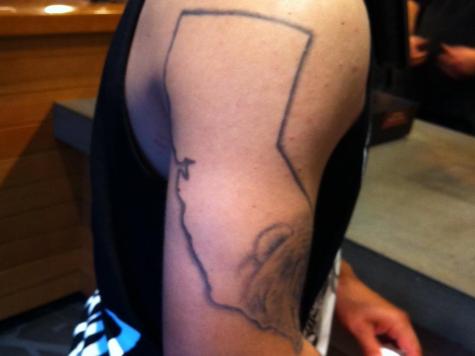Marisa Gerber of the Los Angeles Times has an interesting piece Tuesday about how the gentrification of the Los Angeles neighborhood of Echo Park has forced the gangs out of what was once a notorious crime-ridden neighborhood. Normally, that would be a good thing. Yet Gerber’s article treats it as a tragic story of loss, in which nostalgic gang members can only return to the area on weekends to reminisce about the good times.
The news hook for the story is a new injunction by the city authorities that would prevent gang members from “congregating” in the area. (Chicago experimented with similar rules in the 1990s.) The rules are debatable–not only do they raise constitutional questions about the right to free assembly, but they also raise objections that such rules encourage racial profiling by police. Yet that is not Gerber’s fundamental concern in the article.
Instead, she mourns the loss of an era of drive-by shootings and gang culture–the passing of a more authentic age. Consider this passage, describing a 31-year-old who is still part of a local gang but has moved out: “At least once most weeks…[he] commutes back to his roots… “Nothing will ever feel like Echo Park did,” he said, smiling sadly. “Where you reach down and grab the dirt and you say, ‘Yeah, I’m solid. This is home.'”
Gangsters, I suppose, are as entitled to nostalgia as anyone, but there is not much room in the article for the nostalgia of residents who remember what their neighborhood was like before it was gang-infested, or who lost family and friends to the violence the gang once wrought. Californians have a grudge against gentrification, but when it improves the lives of working families that is surely something to celebrate, not to mourn.

COMMENTS
Please let us know if you're having issues with commenting.